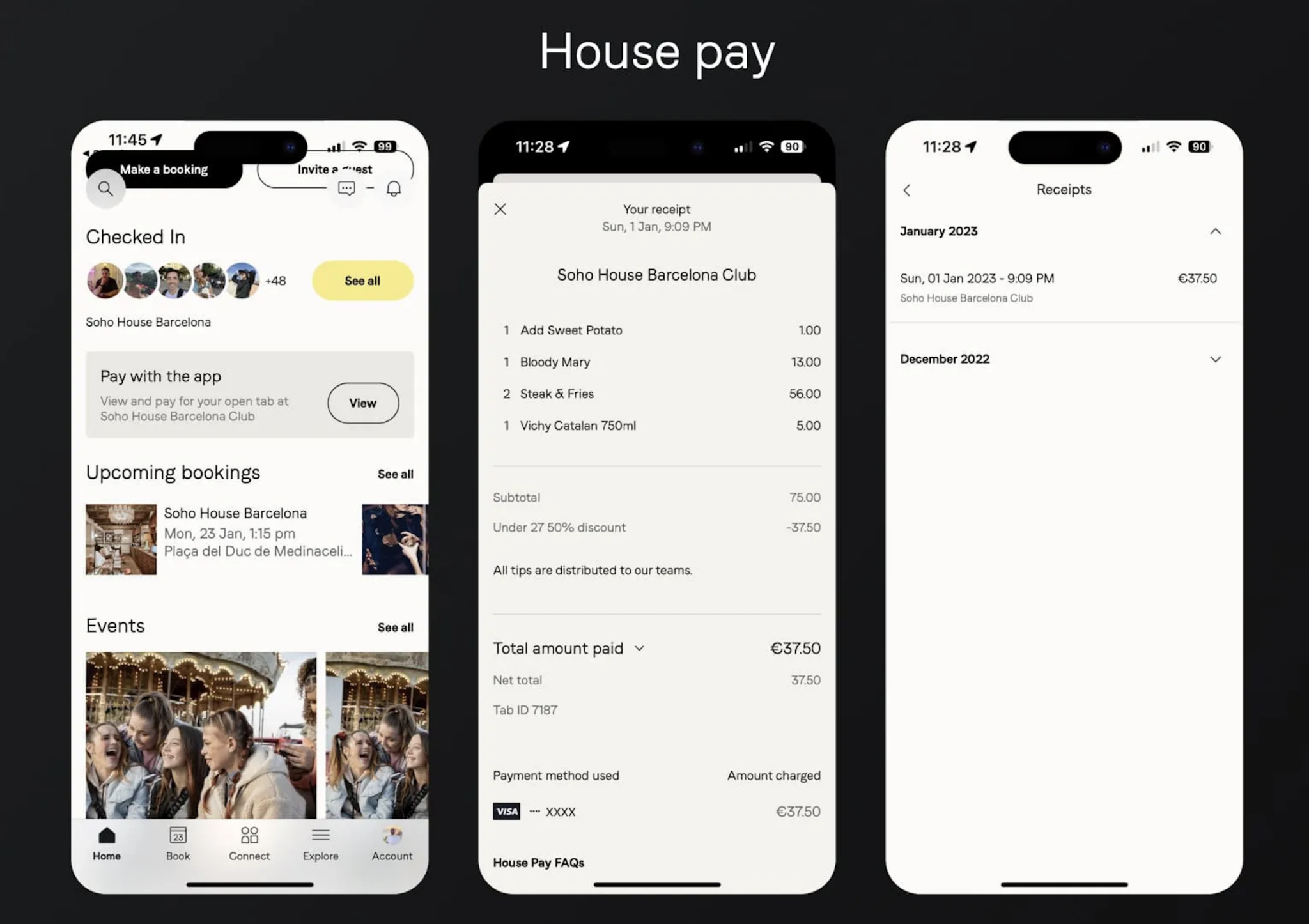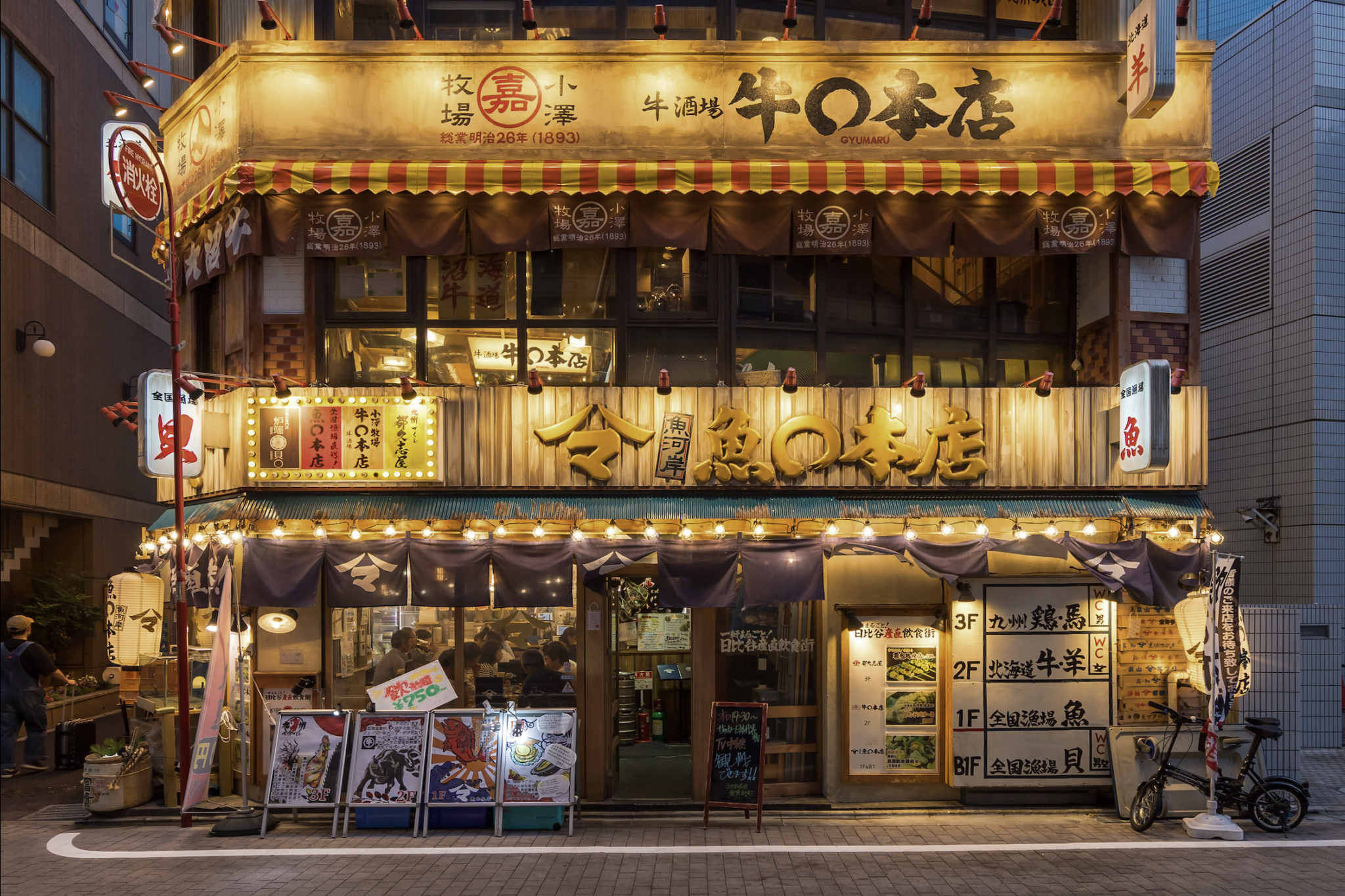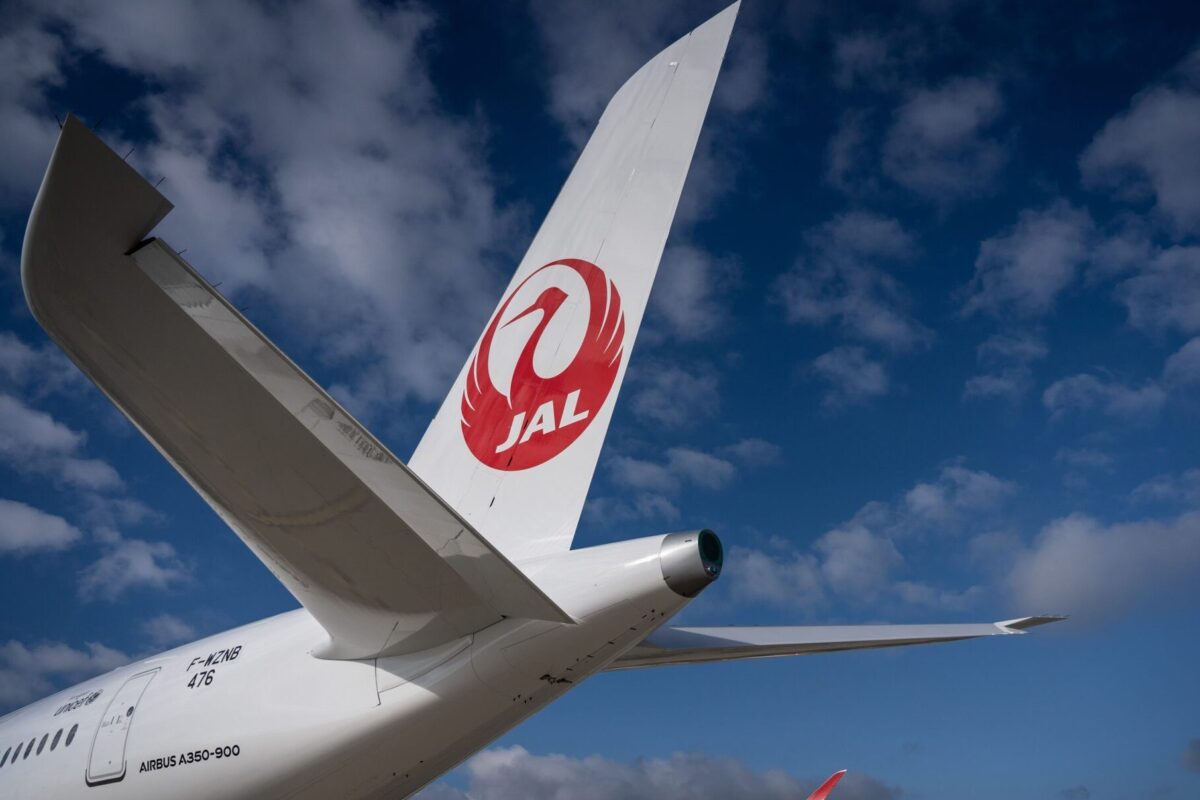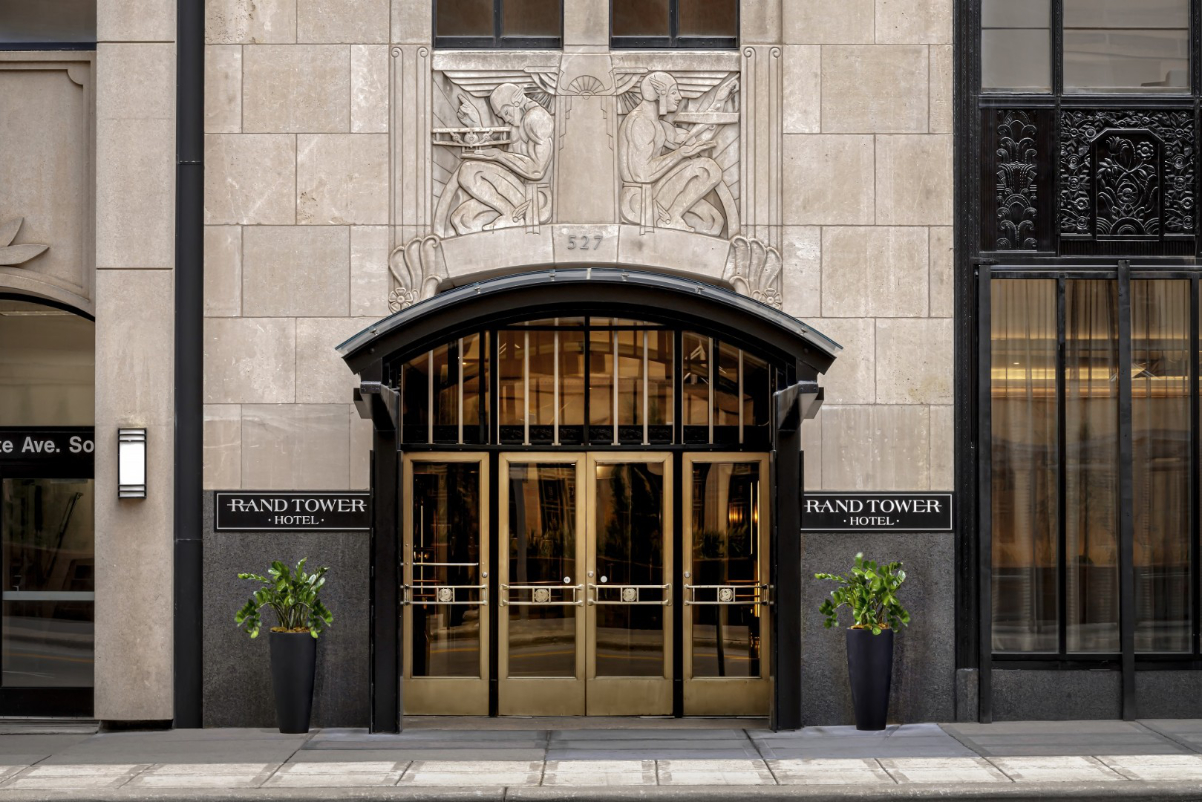Don’t Create Company Culture: Lessons on Meaning of Work

Skift Take
Two decades into creating media companies with a laser focus on non-scaled quality of work as my operating principle, one of the most frequent questions I get from almost everyone I have ever interacted with in some depth is how did we at Skift create the meaningful culture we seem to exude from everything we do, internally and externally? By that they usually mean the creation of an authentic company culture, whatever that means in their own minds.
Thousands of books and millions of articles have been written since, oh well, whenever creating culture became an intentional corporate thing.
The most basic lesson I have learned, a secret I will give away: don’t create company culture.
Culture happens organically whether you want it or not, and the only way to craft it is to not to focus on it, but to focus on what you created the company for: great, meaningful work.
For my second company Skift, a decade into it, culture is not this mythical, magical thing that comes at the end of work, an add-on to make the drudgery bearable. Culture stems from the meaningful work we do, and each of us seeing the tangible in-situ effects of that work — helping change the direction of the future of travel, in our case — in a reasonably short time frame for the people for whom we create everything.
[Psst, if you love reading this and want to be a part of Skift, we’re hiring for 9 open positions, come join *the* most meaningful-work team in media anywhere on the planet.]
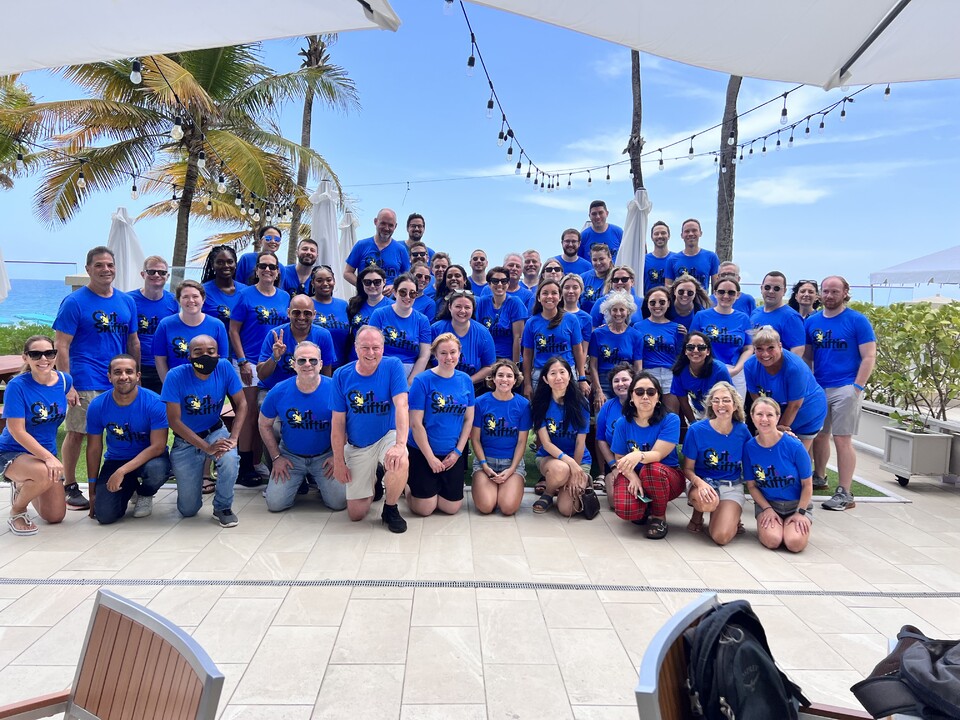
For us, innovation means constantly coming up with new ways of looking at the world. One of the mistakes industries or companies make is they equate innovation to either tech, startups or both. For us, it is: how do we constantly keep coming up with new ways of looking at the world. It is a creative challenge as opposed to a tech challenge.
It gives us a purpose around the larger promise of travel and our promise to the travel sector: We are eternally curious about the business and creative possibilities of travel, and what it means to the world at large.
This is the challenge that gives meaning to our work.
I wrote this for Inc.com in 2014, right after our first retreat to Iceland:
“Company culture..is a strategic function that helps keep your employees aligned with your brand, and your brand aligned with your customers …The best employees — the ones who’ll drive innovation, break barriers, and grow into a new generation of leaders — aren’t motivated by workplace comforts or feel-good HR policies. They’re motivated by the opportunity to do their best work, to understand their customers better, to discover new ways to think about markets and opportunities, to connect with their peers more effectively around their core work, and beyond work.”
If you’re able to do that, people want to work here, not because of the patina of culture, but because of the quality of work you create. There is this extract from one of my favorite business books, “Small Giants” by Bo Burlingham, that perfectly explains this. It is a remarkably clear description of what a company mojo is:
“The answer, I believe, has more to do with the people than with the businesses. To me, the owners and leaders of these companies stand out for being remarkably in touch with, and focused on, what most of us would probably agree are the good things in life. By that, I mean that they are very clear in their own minds about what life has to offer at its best — in terms of exciting challenges, camaraderie, compassion, hope, intimacy, community, a sense of purpose, feelings of accomplishment, and so on — and they have organized their businesses so that they and the people they work with can get it. When outsiders come in contact with such a business, they can’t help but feel the attraction. The company is cool because what’s going on inside it is good, it’s fun, it’s interesting, it’s something you want to be associated with. From that perspective, mojo is more or less the business equivalent of charisma. Leaders with charisma have a quality that makes people want to follow them. Companies with mojo have a quality that makes people want to be part of them.”
Ten years into Skift, this is what keeps me awake: how do we stay fresh, how do we execute without killing ourselves as a still-small company of about 70 people, how do we build, communicate AND create bonds between us as a fully remote, globally-distributed company?
None of this is about creating culture, it is all about creating meaningful work.


